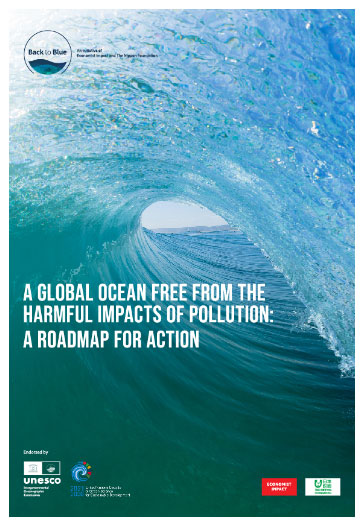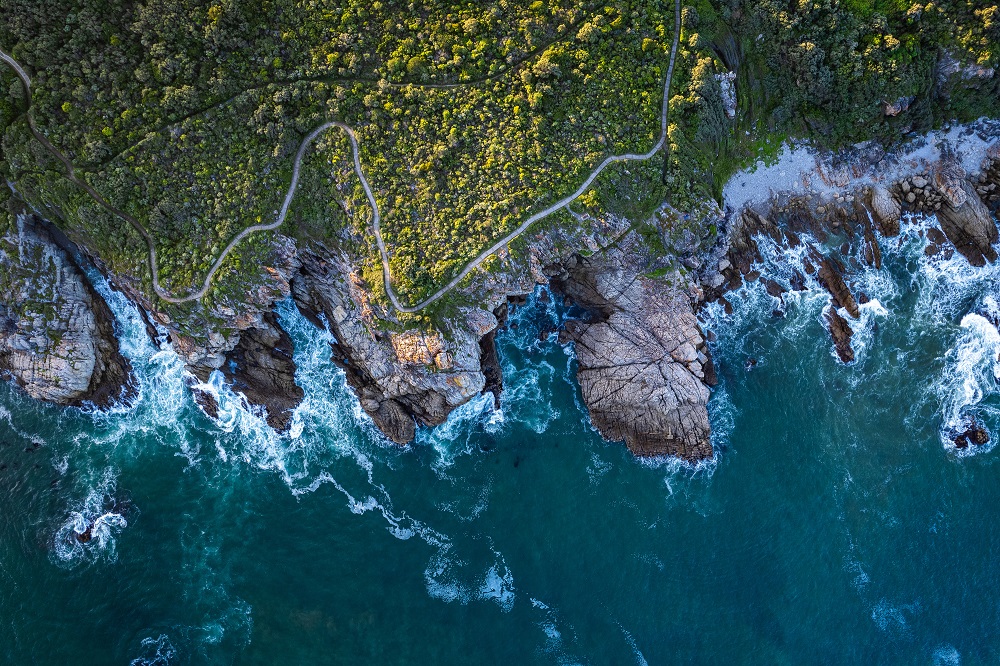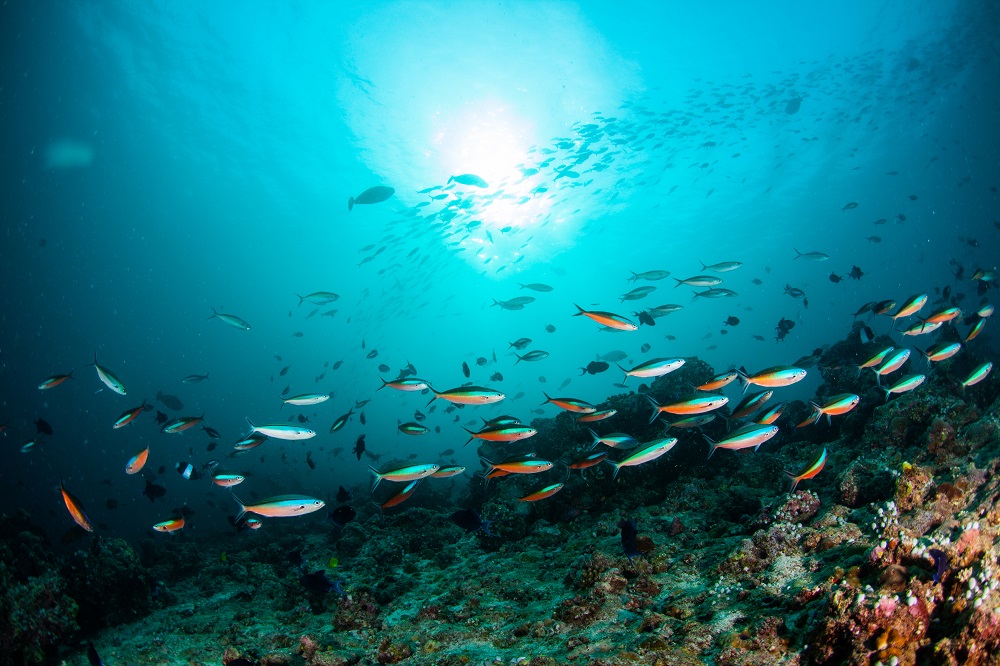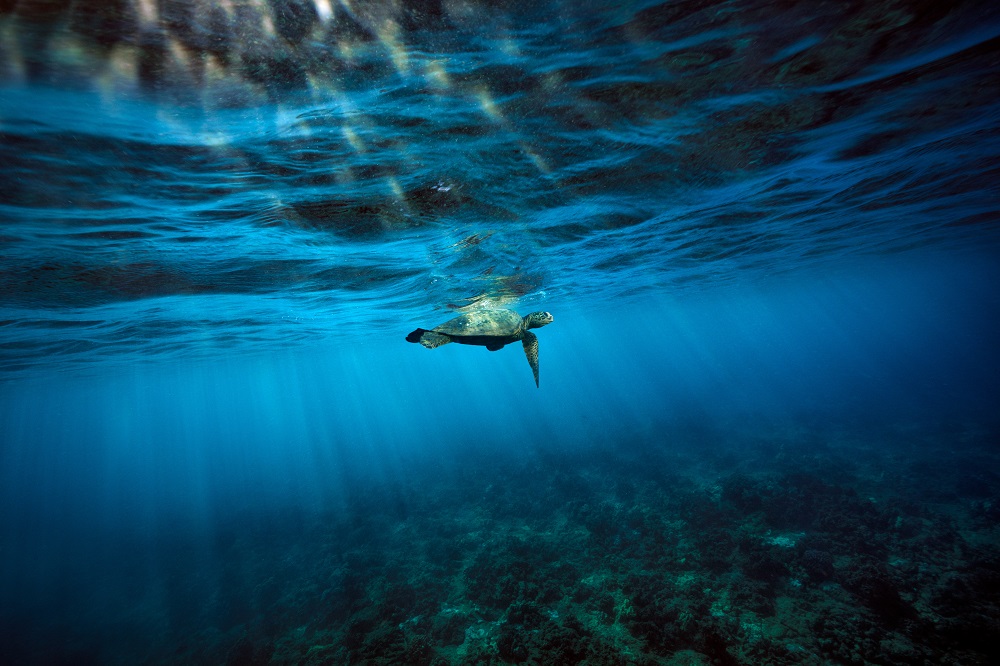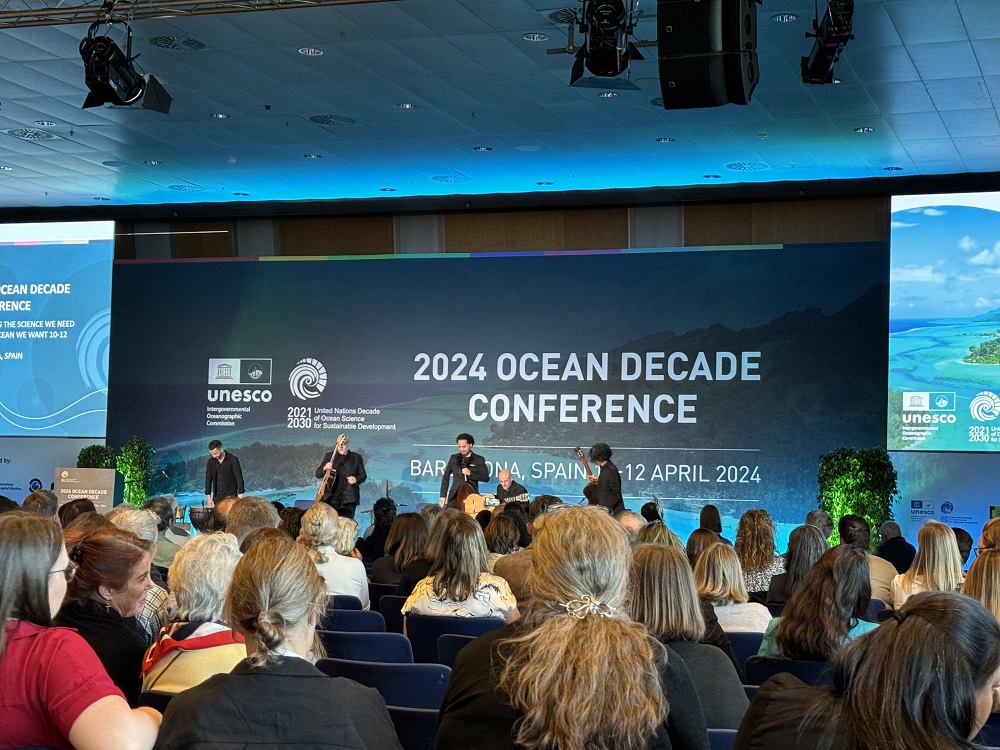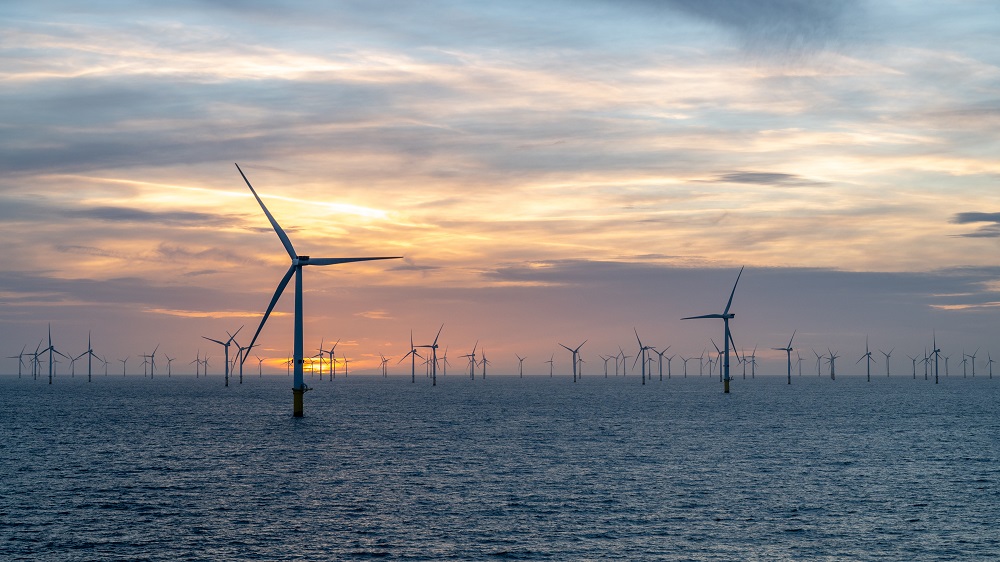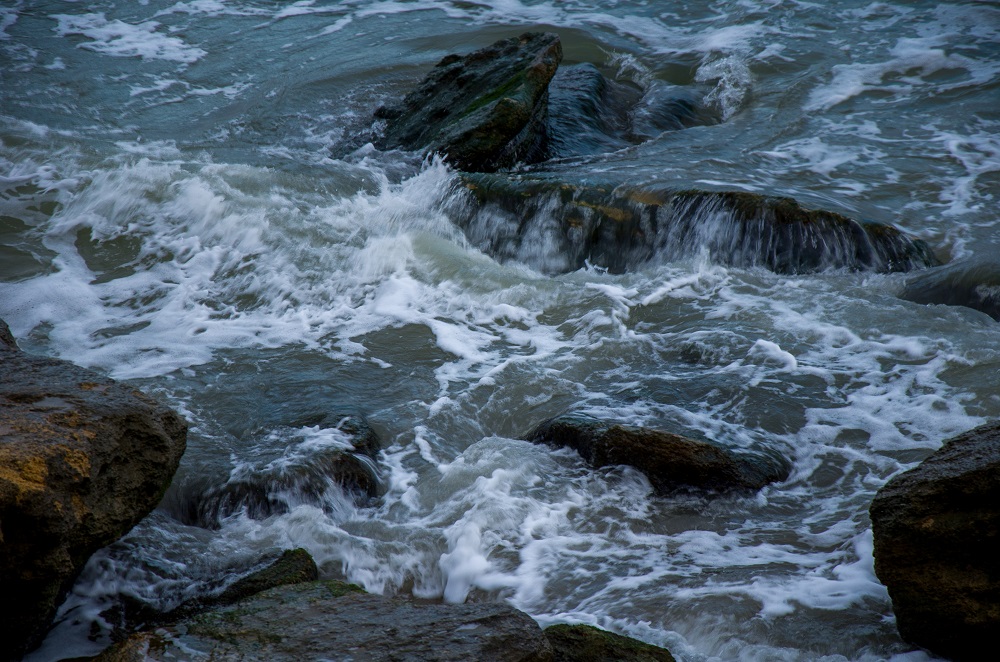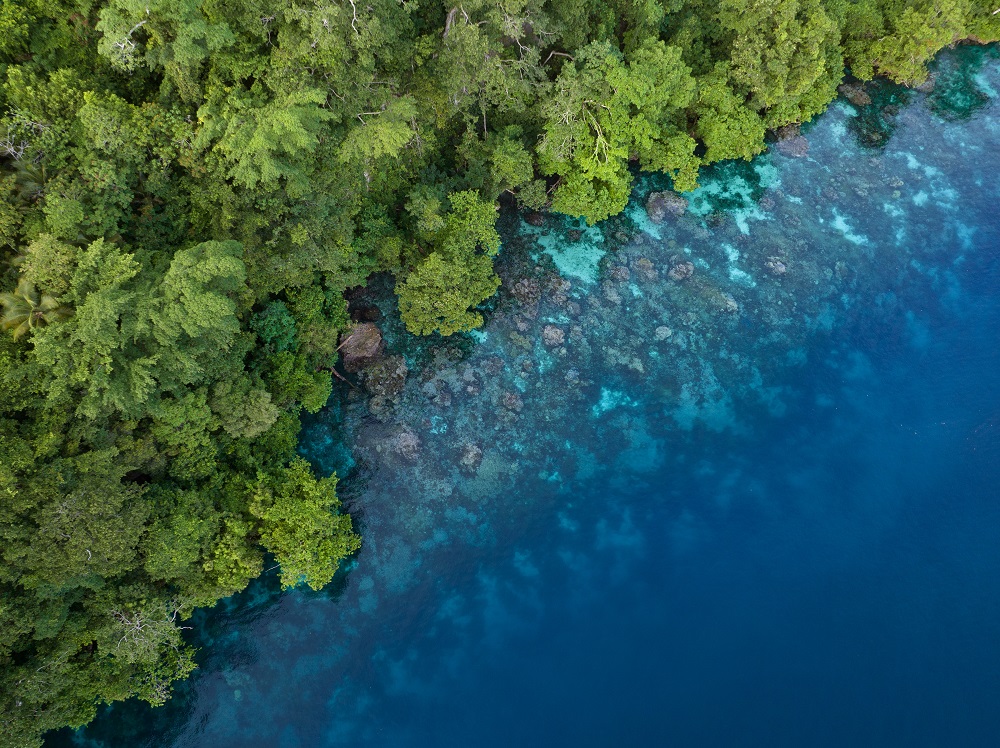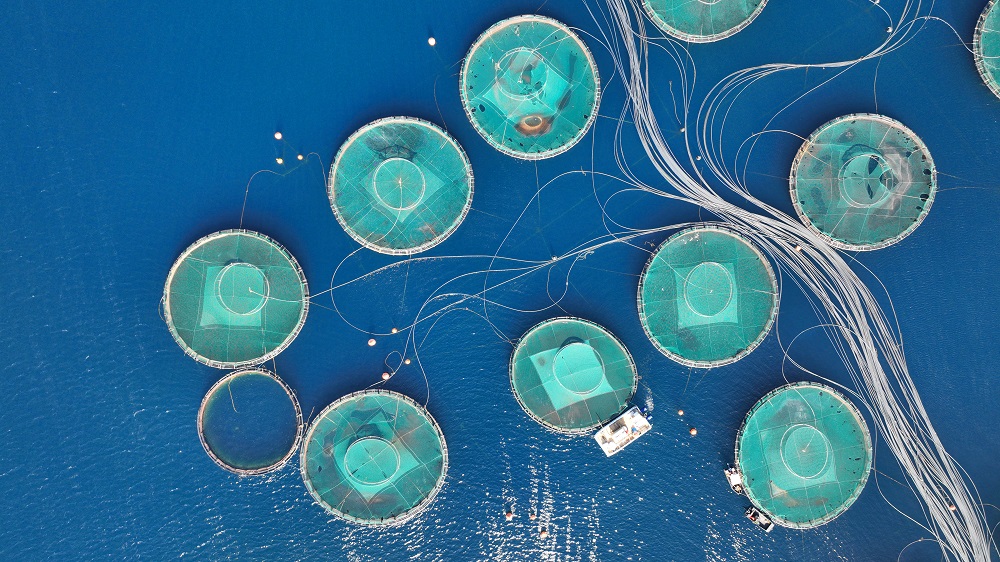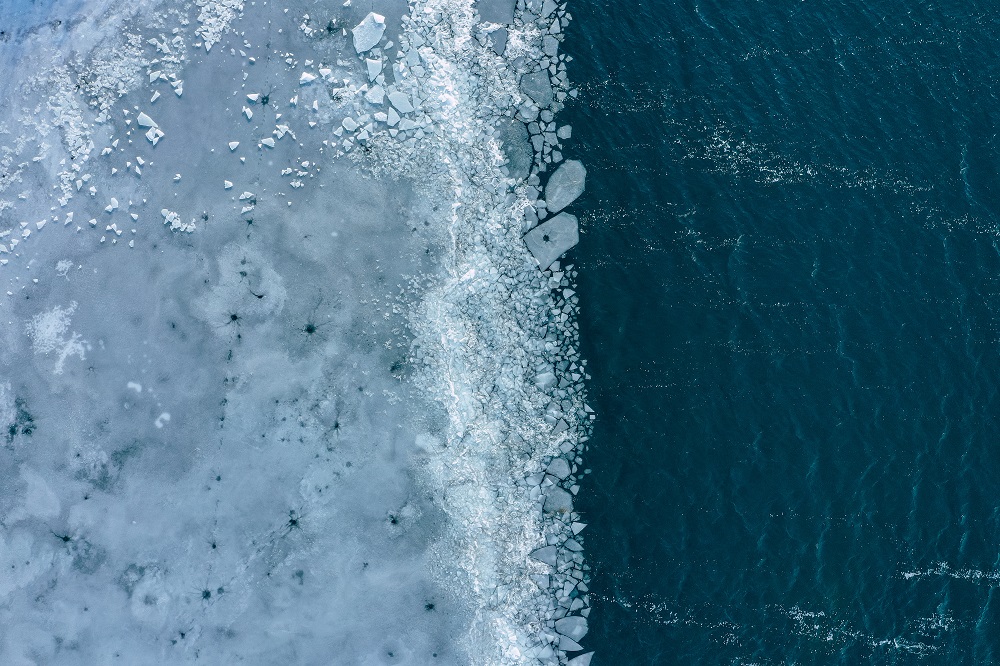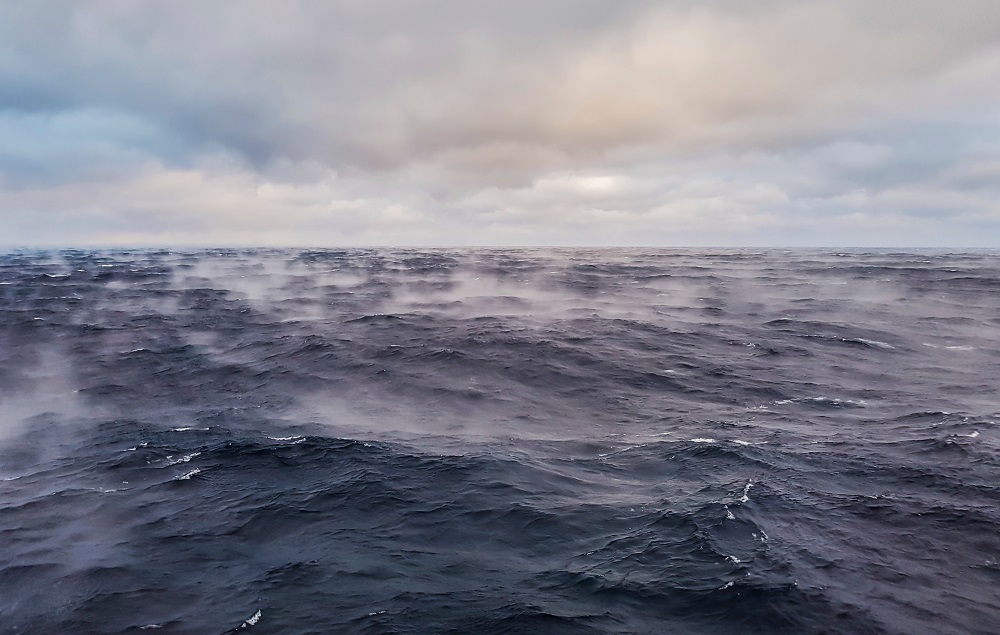
Kilaparti (Rama) Ramakrishna, Senior Advisor on Ocean and Climate Policy, Woods Hole Oceanographic Institute
In 2021, the United Nations set out on the largest global ocean science initiative in history. Nearly five years later, and halfway into the UN Decade of Ocean Science for Sustainable Development, it is an important time to take stock of the progress made and the work left to be done. While we have made significant progress on some aspects of ocean health and safety, other areas lag worryingly behind.
Following the April 2024 UN Ocean Decade Conference in Barcelona, Vidar Helgesen, Executive Secretary of the Intergovernmental Oceanographic Commission and Assistant Director-General of UNESCO, released the Barcelona Statement, calling attention to areas requiring much more intense focus in the second half of the Decade if we wish to meet our goals for a cleaner, healthier, more resilient, productive, predictable, safe, accessible and engaging ocean.
First on the list is to better understand and address the global distribution of marine pollution and its impacts on human health and ecosystems. While significant steps are being taken toward negotiating a global treaty to end plastic pollution, unfortunately ocean pollution doesn’t stop at plastics. Many less visible but equally harmful pollutants are in our ocean, ranging from sewage and nutrients to PFAS and pharmaceuticals.
The global focus on plastics offers a vital opportunity to spark a broader effort to end all types of ocean pollution. Achieving the goals of the UN Decade for Ocean Science will require us to take a much more holistic definition of marine pollution, and to adopt a radically new approach to combating it. As we approach the second half of the Decade, now is the time to take action.
Combatting ocean pollution must be a global, multi-decade effort. The first step is to develop a much clearer understanding of the extent and cumulative impact of ocean pollution, which we know worryingly little about. While many efforts are underway globally to identify and monitor pollutants in marine environments, there is no universally accepted definition of many pollutants, and the infrastructure to collect, aggregate and analyse pollution data in a coordinated fashion is lacking.
The good news is that we now have a plan to address this gap. Over the past four years, Back to Blue, an initiative of Economist Impact and The Nippon Foundation, has engaged with stakeholders across governments, businesses, NGOs and the scientific community to understand the actions needed to develop sustainable, long-term solutions to achieve a pollution-free ocean by 2050.
Back to Blue’s Roadmap for Action, launched in March at the World Ocean Summit in Lisbon, sets out a pathway to unite the existing but often disparate efforts underway among governments, UN agencies, scientists, businesses and NGOs through a coordinated task force dedicated to developing a comprehensive approach to ending marine pollution. The Roadmap’s first priority is to collect and aggregate global pollution data to understand the problem, and where and how it affects marine ecosystems, human health and economic well-being.

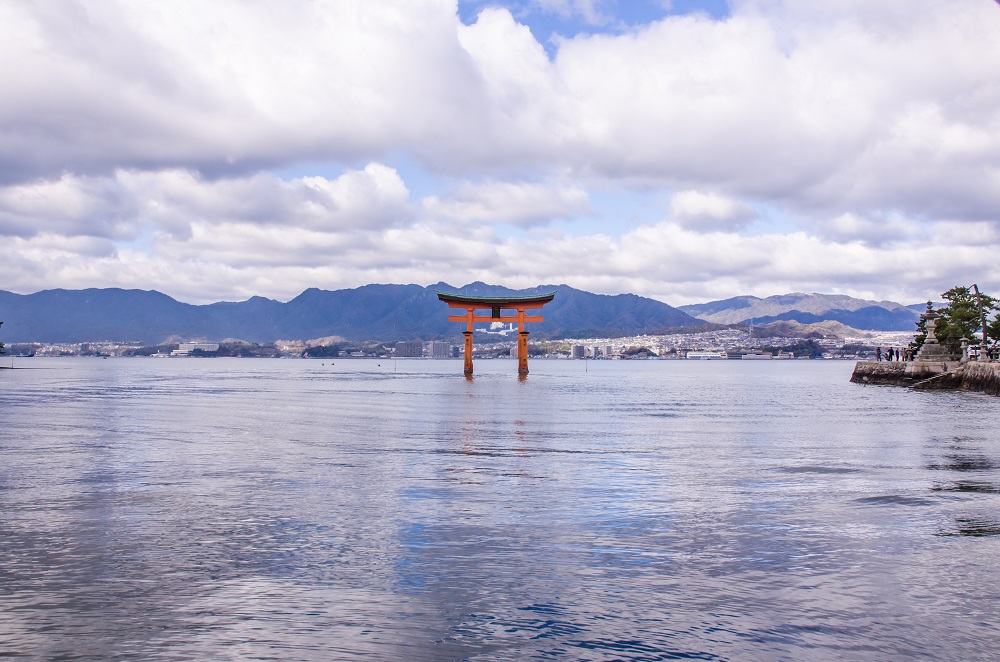

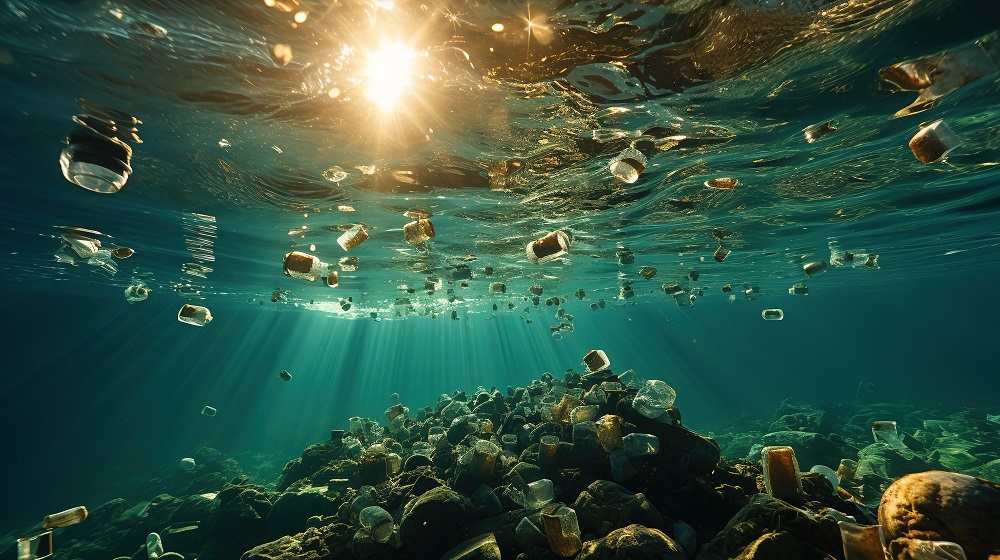

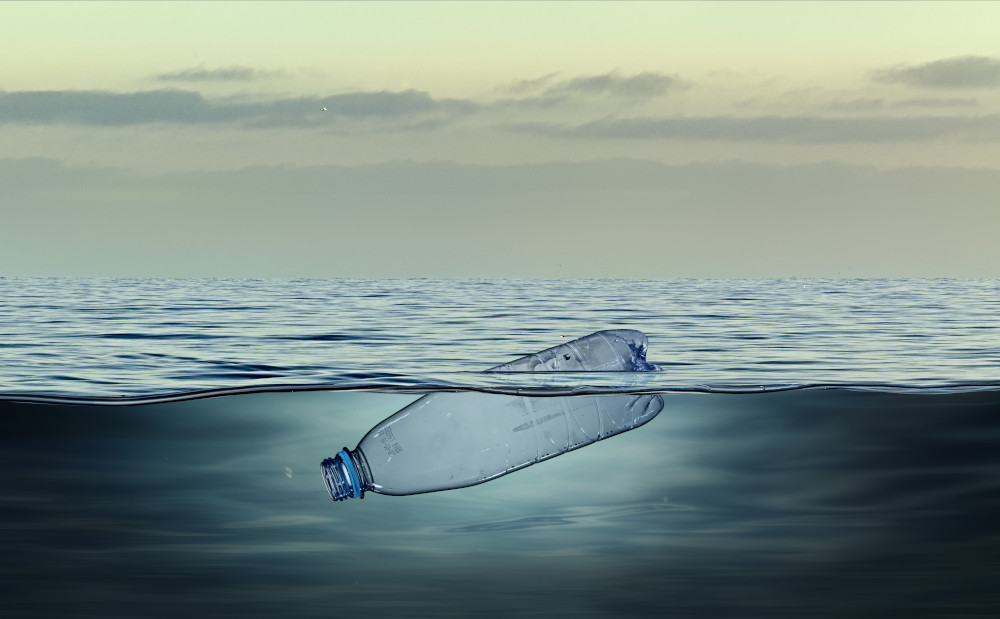




 The scourge of untreated wastewater
The scourge of untreated wastewater Slowing
the chemical tide: safeguarding human and ocean health amid
chemical pollution
Slowing
the chemical tide: safeguarding human and ocean health amid
chemical pollution Hazardous chemicals in plastics - the discussions at INC
Hazardous chemicals in plastics - the discussions at INC








